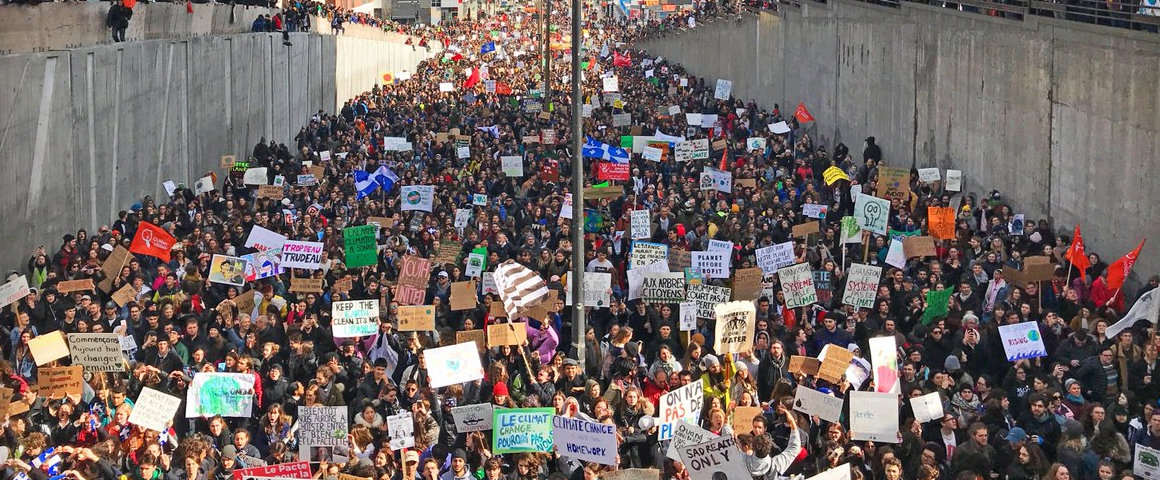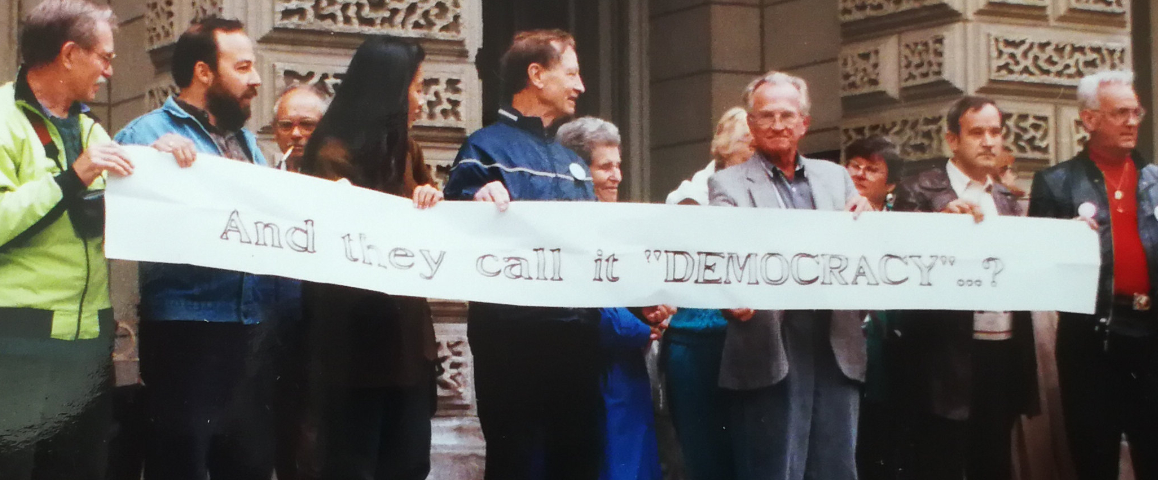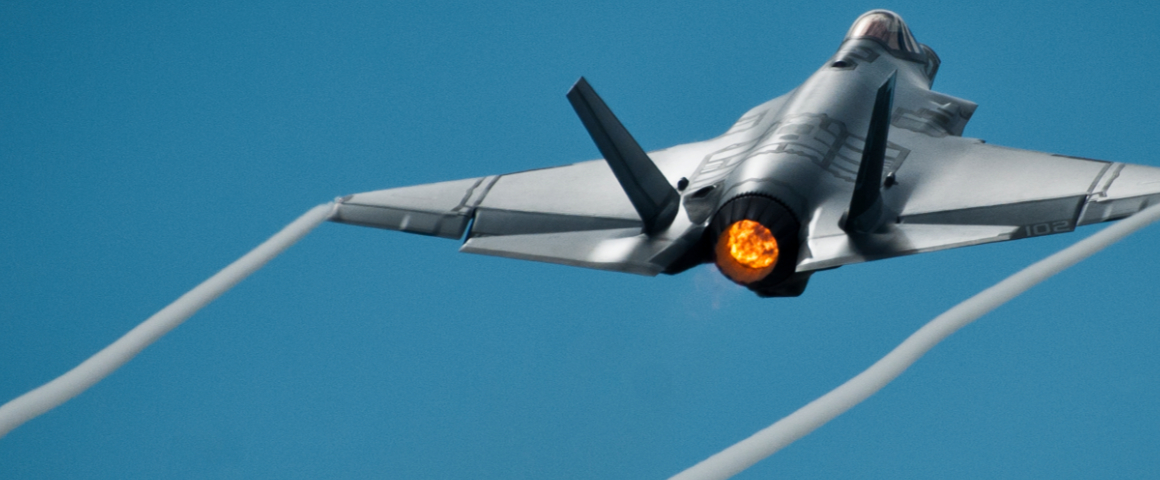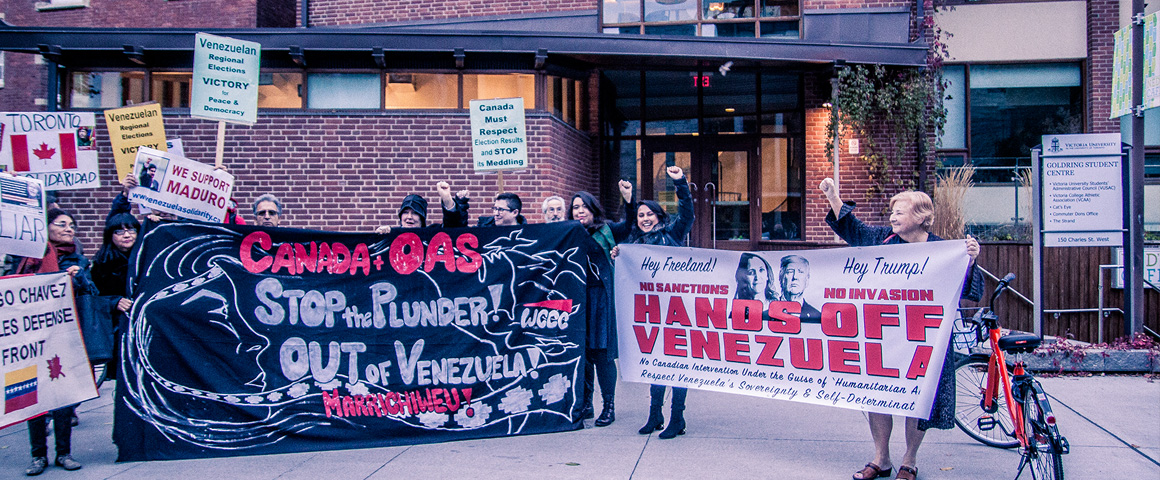Throughout this election campaign, this newspaper has tried to provide deeper insight into some of the key issues and project some of the radical solutions that are needed to confront them from a working class perspective.
While there are no easy answers, a few things should be abundantly clear.
First, every one of the issues that has captured public attention over the past several weeks is rooted in capitalism, with its built-in inequality and expansionist drive for profits.
The climate crisis that threatens the entire world has been precipitated by carbon emissions, something world leaders have been aware of for three decades. In 1992 the United Nations Framework Convention on Climate Change (UNFCCC) called for action to “stabilize greenhouse gas concentrations in the atmosphere at a level that would prevent dangerous anthropogenic interference with the climate system.” But instead of meaningful intervention, governments like Canada’s payed lip service to environmental concerns and facilitated the massive expansion of ecologically disastrous but highly profitable projects like the tar sands. The oil and gas corporations are laughing all the way to the bank.
Military spending has spurred a new arms race, combined with escalating aggression, and has brought the world to brink of regional and global war. Canada’s military budget is scheduled to increase by a whopping 74%, fueling the war danger and fleecing badly needed funds away from health, education, and social and environmental programs. But this militarism and the risks it brings are required by dominant capitalist centres, as they scramble to divide and re-divide the world in a desperate and dangerous rush for profits, markets and resources, at one another’s expense. The people of the world will suffer, but capital will continue to accumulate.
And so, too, with the gender wage gap, the growth of precarious work, the housing crisis, and the privatization of health care. All of these issues emerge from the capitalist drive for profit.
The second thing that is clear is that governments consistently and powerfully intervene in the economy, in order to help capitalism reproduce itself.
In addition to the military budget, the overwhelming bulk of which is directly dedicated to protecting capitalist trade interests, we can see the extent of government intervention in the tar sands. Justin Trudeau’s decision to purchase the Trans Mountain Pipeline for $4.5 billion was based entirely on the needs of private energy corporations. The TMX extension crashed on the rocks of Indigenous sovereign rights, and there was nothing left that the Kinder Morgan corporation could do. The only entity that has the capacity to dispossess Indigenous peoples of their land – or, in this case, of any meaningful control over their land – is the Canadian government, and that’s exactly what it did.
In the case of housing, the Liberals’ “National Housing Strategy” amounts to nothing more than $40 billion worth of public funding to guarantee the mortgages of first-time home buyers. It’s a plan to spend billions of public dollars to facilitate exorbitant household debt levels, to line the pockets of the banks and the housing corporations.
The third observation is that none of these crises will be resolved if the working class doesn’t mobilize around its own demands and insist on government intervention to deliver them.
This sounds obvious, but for most people it’s not. How many times have we heard that publicly-owned industries are inefficient? Or that publicly-owned housing is not viable? Or that laws requiring pay and employment are bad for business? It’s an ideological assault that is designed to weaken and disarm the opposition to neoliberalism and austerity.
Working people know the challenges we face, and we know what solutions we need. We have to constantly demand government intervention for our class interests. We need to do it before elections, during elections, and after elections.
And if governments refuse to act, then we need to defeat them.




